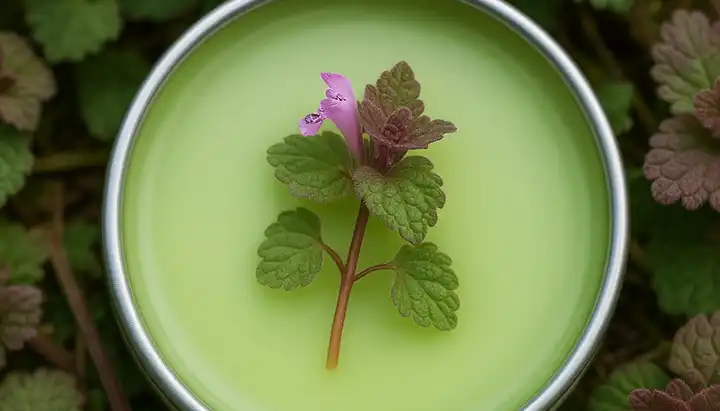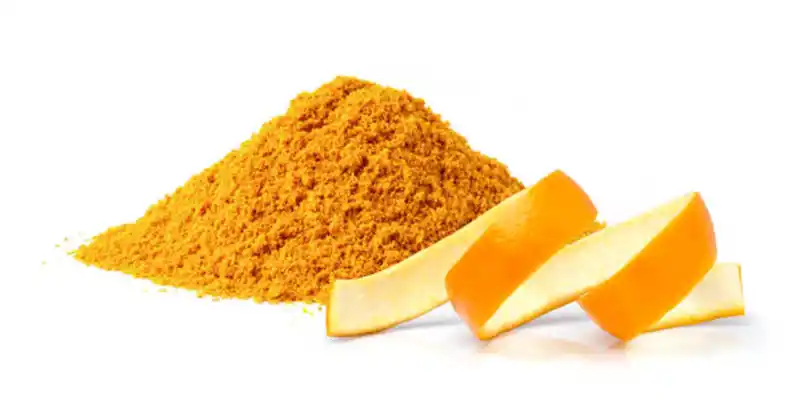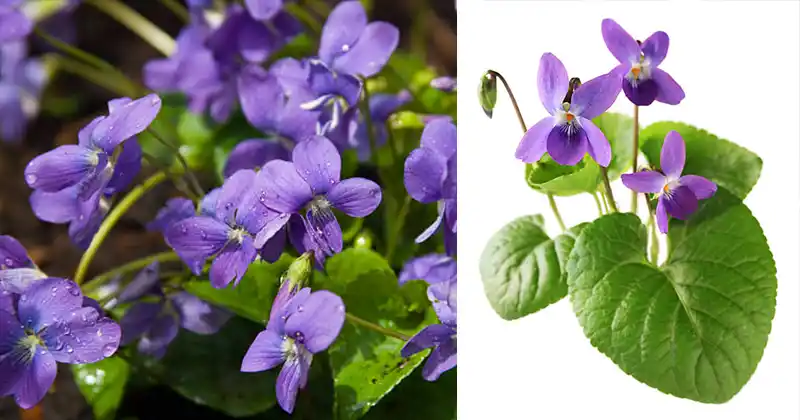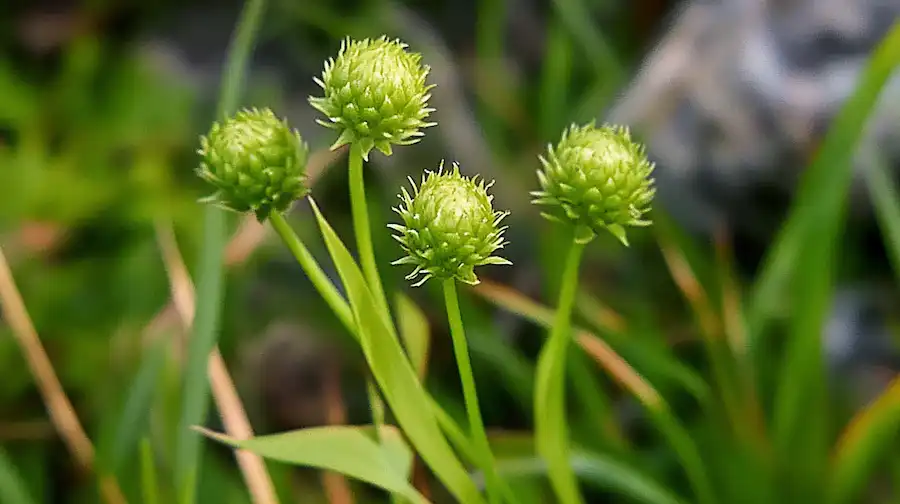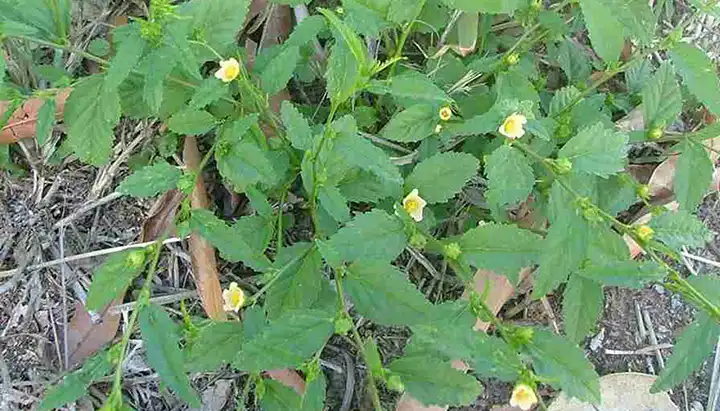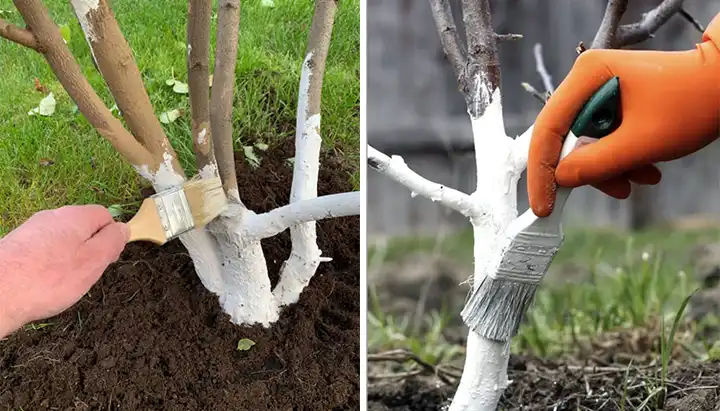4 AMAZING Aspirin Uses In The Garden For Thriving and Vibrant Plants
Aspirin, widely known for its pain-relieving and anti-inflammatory properties, holds a surprising array of benefits for the garden. This common household item, containing salicylic acid, a compound similar to the plant hormone salicylate, can significantly boost plant health and productivity. Here’s how you can harness the power of aspirin to foster a flourishing garden.

1. Enhancing Plant Immunity
The Science: Salicylic acid in aspirin mimics a hormone in plants that triggers a natural defense mechanism against pests and diseases.
How to Use:
- Solution Preparation: Dissolve 1 aspirin tablet (325 mg) in 1 gallon of water.
- Application: Spray this solution on your plants every 2-3 weeks. It acts as a preventive measure, boosting the plants’ immune system and making them more resilient against diseases and pests.
2. Rooting Hormone Substitute
The Science: Aspirin water can stimulate root growth in plant cuttings, acting as an inexpensive and effective rooting hormone.
How to Use:
- Solution Preparation: Dissolve 1 aspirin tablet in 1 liter of water.
- Application: Soak the cut ends of plant cuttings in the aspirin solution for a few hours before planting them in soil. This accelerates root development, enhancing the success rate of propagation.
3. Flower Longevity Enhancer
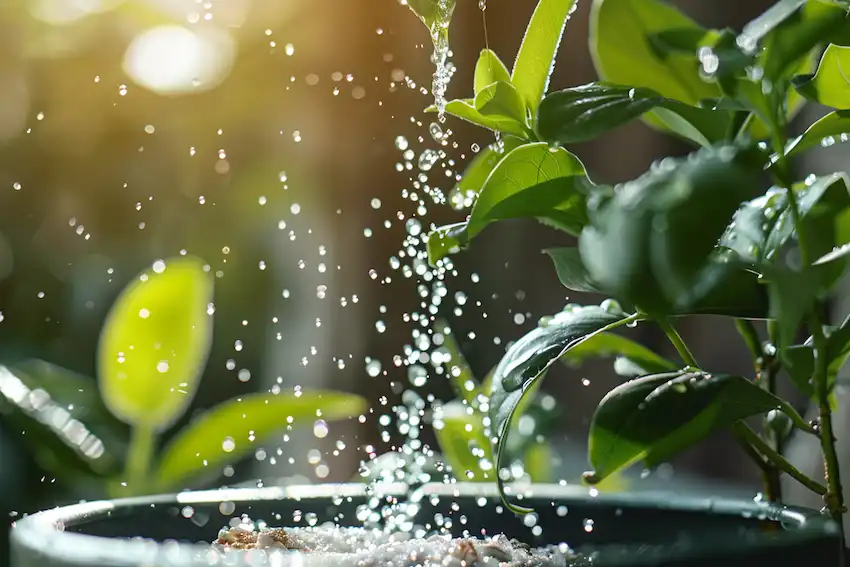
The Science: Aspirin in vase water can lower the pH, which helps to prevent the growth of bacteria, keeping cut flowers fresh longer.
How to Use:
- Solution Preparation: Crush 1 aspirin tablet and dissolve it in the vase water.
- Application: Place freshly cut flowers in the treated water. Change the water and add a new aspirin tablet every few days to extend the life of your bouquets.
4. Treating Fungal Infections
The Science: The anti-fungal properties of salicylic acid can help combat fungal infections, such as powdery mildew and black spot, in plants.
How to Use:
- Solution Preparation: Dissolve 2 aspirin tablets in 1 gallon of water.
- Application: Spray the affected plants with the solution once every 2-3 weeks until the infection subsides. Ensure to cover both the top and bottom of the leaves to fully treat the plant.

Incorporating aspirin into your gardening routine offers a simple, yet effective way to promote healthier, more productive plants. Whether boosting plant immunity, encouraging root growth, extending the life of cut flowers, or combating fungal infections, aspirin proves to be a versatile ally in the garden. Remember, while aspirin can provide remarkable benefits, it should be used judiciously and as part of a broader plant care strategy to ensure the best results for your garden.
